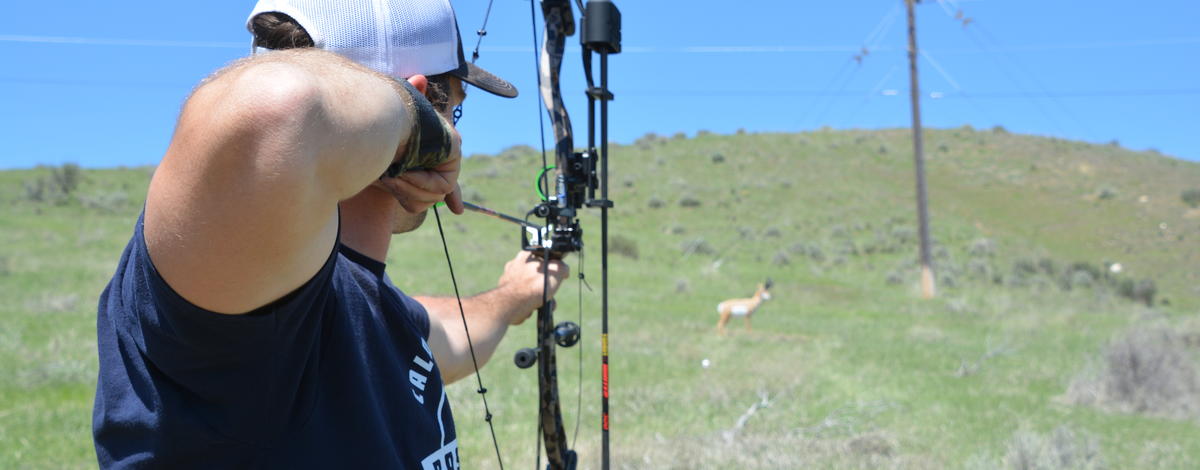On May 14, the Idaho Fish and Game Commission denied petitions from certain organizations that requested the Commission initiate negotiated rulemaking for allowing lighted nocks for archery hunting, and to require signage near traps and during some wolf hunting seasons.
Denying the petitions means they will not be moved forward into any rulemaking process.
In denying allowing the petition requesting rulemaking for lighted nocks in archery hunts, commissioners noted that they considered the issue in 2014, and determined it was important to maintain existing rules regarding primitive weapons for hunting, such as archery and muzzleloaders. Commissioners reiterated at their May 14 meeting that it remains the Commission’s position to limit technological advances for that type of equipment.
The Commission also decided against moving forward with a petition requesting rulemaking for signage near traps, and to place visible signs in active wolf hunting areas.
The Commission determined a signage requirement near traps was not warranted. The Commission cited regulatory and voluntary measures that are already in place to ensure safety. In their denial, the Commission also considered the burden of the proposed regulation, the absence of risk to other recreationists, and that regulated trapping in Idaho generally presents limited risk to domestic dogs
The Commission also denied the part of the petition requesting initiation of rulemaking to place visible signs in active wolf hunting areas from April 1 through Aug. 30 to warn campers and hikers about the risks of active hunting to people and dogs. The Commission decided rulemaking was not warranted, stating that there is little or no additional risk to campers or hikers from the potential discharge of a firearm for taking a wolf during this time period; dog owners can take precautions to clearly distinguish their dog from a wolf; and that hunting seasons for wolves are a matter of public record.
The Commission also noted that hunter and trapper education courses are mandated for people who participate in those activities, and those courses address how hunters and trappers should avoid conflicts with other users.

